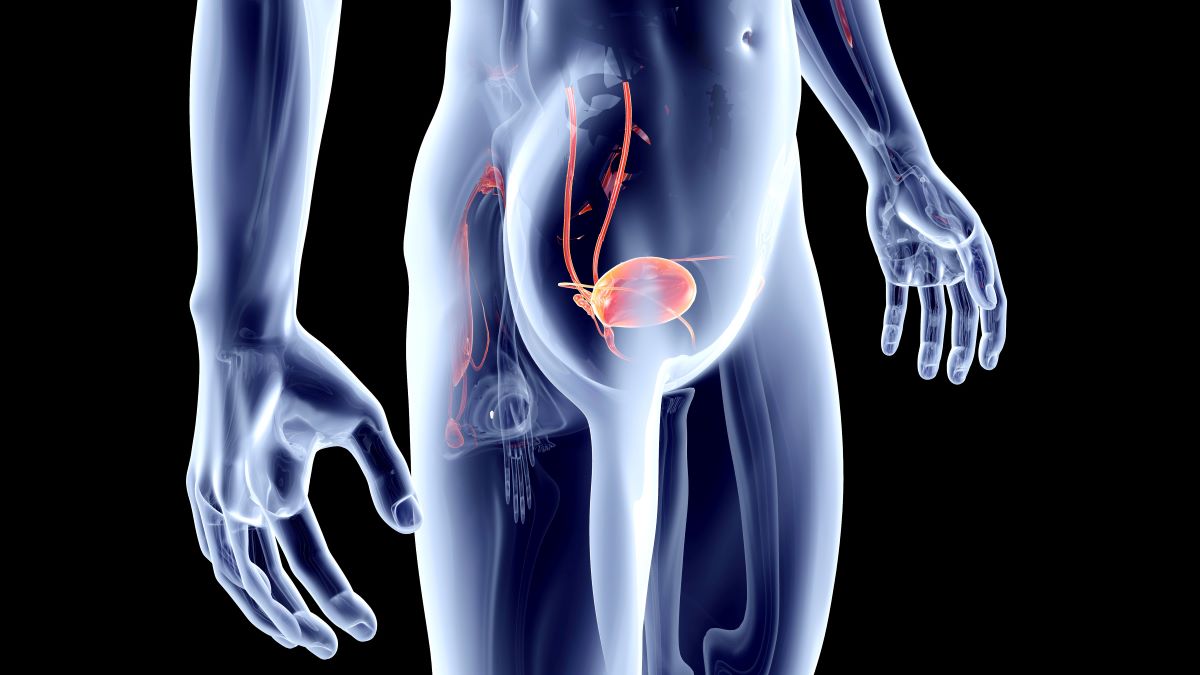Urinary bladder stones are crystallized clusters of minerals in the bladder. They form when the urine becomes too concentrated, which is often associated with an inability to empty the bladder completely.
Bladder stones causes
The primary reason for urinary bladder stones formation is incomplete emptying of the bladder. In men, an enlarged prostate gland can disrupt the normal flow of urine through the urethra and, therefore, interfere with complete excretion. In addition, the abnormal work of nerves responsible for the information about bladder muscles can be another cause of the inability to empty the bladder.
Other reasons for urinary bladder stone formation may include inflammation, medical devices such as catheters and urinary stents present in the urinary tract. In addition, small kidney stones can migrate to the bladder through the ureters. Nevertheless, stones formed in the kidneys differ from the stones formed in the bladder.
According to the causes of bladder stones, we can highlight few groups of risk factors for developing this condition:
- men over 50 are at more considerable risk
- any condition that causes the blockage of the urine tract increases the risk of bladder stones formation dramatically
- as the abnormal work of the nerves supplying bladder muscles can lead to stones formation, conditions like diabetes, Parkinson’s disease, stroke, spinal cord injuries and others increase the risk of bladder stones development
Bladder stone complications
Although some bladder stones can occur without significant symptoms, leaving them untreated can lead to severe complications. One of them is a bacterial urinary tract infection. Complications also include:
- Chronic difficulties with urination.
- Painful feelings during bladder emptying.
- A complete blockage of the urine flow.
Bladder stones symptoms
In some cases, even stones of significant size can cause no discomfort. Nevertheless, common bladder stone symptoms include
- having pain while urinating
- frequent urination
- experiencing difficulty urinating
- interruptions during urination
- blood in the urine
- unusually dark-coloured urine
- cloudy urine
- painful sensations in the lower part of the abdomen
How to prevent bladder stones formation?
It is hard to prevent bladder stones development. Still, it is possible to reduce the risk associated with this health condition. First of all, it is crucial to treat any health issue that may cause bladder stone formation in the future. So, it is a good idea to tell the doctor about any abnormalities in your urination or any concern you may have. Another thing you can do to reduce the risk of bladder stones formation is drinking enough water. Water dilutes minerals in the bladder, reducing their concentration. However, there is no fixed amount of water that all people should consume per day. The needs depend on the person’s age, weight, activity level and health condition.
Click Here to read about Treatment.
















Leave a Reply
You must be logged in to post a comment.